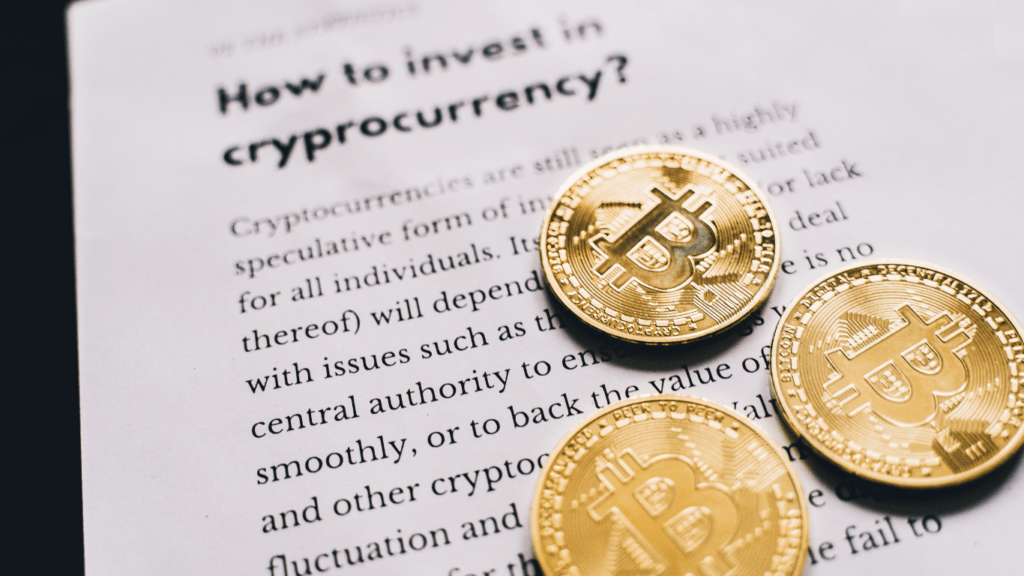What Does 79112098855 Represent?
Depending on where you’re looking, 79112098855 can appear in several contexts. It could be a phone number, a user ID, part of a product serial, or even a unique marker in a CRM system. What makes strings like these interesting is their flexibility. They’re identifiers—tiny handles for big data.
Companies use unique identifiers like this to track products, customer accounts, or internal transactions without having to expose personal or sensitive information. A user might not remember their order from six months ago, but plug in this 11digit code, and the system pulls everything up instantly.
Why Numbers Like 79112098855 Matter
In modern tech infrastructure, structured identifiers keep things running. They’re the gears in the machine—largely invisible, incredibly important. Why? Because they’re simple, scalable, and precise.
Let’s break down a few qualities of identifiers like this:
Scalability: A format like 79112098855 supports millions or even billions of unique records. Security: They allow anonymized referencing. You may not need to store a person’s name or email in every log if you’ve already tied them to a safe and unique key. Consistency: Machines love fixed formats. A consistent format keeps the system reliable over time.
In short, systems depend on numeric identifiers. When properly structured, a string like 79112098855 can link logins, purchases, preferences, and activity all in one place without taking up space or leaking sensitive data.
Common Use Cases: Behind The Number
There are a few ways numbers like these sneak into your daily experience without you noticing:
1. Phone Numbers and Telecommunications
Depending on country code definitions, 79112098855 could be a Russian phone number. Numbers like this often come up in international transactions, text alerts, or platform registration steps when companies verify user identity.
2. User IDs
Social media platforms, banking apps, payment gateways—they all assign users unique numerical IDs. This keeps internal data management fast and secure. When troubleshooting or managing accounts at scale, logging identifiers gives support teams a universal point of reference.
3. Shipping and Logistics
Ever track a package? Systems often use long numeric strings to represent parcels and orders. An ID like 79112098855 may have shown up in that context, linking your online purchase to a delivery routing hub.
4. CRM and Analytics Systems
Businesses often log activities—clicks, signins, purchases—under these unique IDs inside analytics dashboards. That allows sales reps, marketers, and support teams to measure customer behavior without storing excessive detail.
How To Handle These Numbers
If you come across a code like this, don’t panic—and don’t ignore it. Treat it like a breadcrumb. Maybe it came up while reviewing your digital accounts, logging into a service, or scrolling your phone history. Use the following basic checks:
Is it a recent call or message? Look at timestamps. Is it tied to a transaction or order? Check purchase records. Do you see it in a platform context (banking, streaming, etc.)? Reference account pages or help docs.
If you’re unsure, paste it directly into a system’s help field or use it while contacting support. IDs like 79112098855 aren’t designed to mean something to humans—they matter to machines. But when you know what to do with them, they’re incredibly helpful.
Unique Identifiers vs. Personal Information
Here’s a critical distinction: these long numbers shouldn’t be conflated with sensitive info. While strings like 79112098855 may be reference handles, they’re only useful inside the systems that generated them. On their own, they say very little.
Still, don’t share them freely. Just like you wouldn’t hand someone your boarding pass barcode without understanding it, it’s smart to limit who sees any systemfacing identifier—especially if it’s tied to financial apps, customer tickets, or messaging platforms.
Making the Most of Systems That Use These IDs
When a company or service assigns you a user ID, customer identifier, or order code, take a screenshot, write it down, or save it with context. It’s not about the number. It’s about the doors that number opens later.
You’ll often see email confirmations that say something like “Your ticket ID is 79112098855—please reference this in future communication.” That’s your sign to hold onto it. No fluff. Just facts. That’s what unique keys are built for.
Summary
Whether you’re digging through your phone history or typing it into a support chat, a string like 79112098855 could be the link you need. These numbers fly under the radar but fuel everything from search databases to shipping labels.
Stay curious, stay tidy, and treat numbers like this with intention. They’re not flashy. They’re efficient—and that’s exactly what makes them essential.


 Pearlee Conleyora
Founder
Pearlee Conleyora is the visionary founder of Jackpot Lucky Deal, a platform dedicated to bringing jackpot enthusiasts the latest news, effective strategies, and insights into the ever-evolving world of jackpots and gaming. With extensive experience in online gaming and a keen understanding of the growing role of cryptocurrency in jackpots, Pearlee created Jackpot Lucky Deal to serve as a trusted resource. Her commitment to responsible betting and innovative jackpot strategies shines through every aspect of the site, ensuring that users not only have the tools to play smarter but also stay updated on trends and technological advancements in the gaming world. Pearlee’s leadership and forward-thinking approach are the backbone of Jackpot Lucky Deal, where her goal is to create a comprehensive, user-friendly platform that empowers both novice and seasoned jackpot players.
Pearlee Conleyora
Founder
Pearlee Conleyora is the visionary founder of Jackpot Lucky Deal, a platform dedicated to bringing jackpot enthusiasts the latest news, effective strategies, and insights into the ever-evolving world of jackpots and gaming. With extensive experience in online gaming and a keen understanding of the growing role of cryptocurrency in jackpots, Pearlee created Jackpot Lucky Deal to serve as a trusted resource. Her commitment to responsible betting and innovative jackpot strategies shines through every aspect of the site, ensuring that users not only have the tools to play smarter but also stay updated on trends and technological advancements in the gaming world. Pearlee’s leadership and forward-thinking approach are the backbone of Jackpot Lucky Deal, where her goal is to create a comprehensive, user-friendly platform that empowers both novice and seasoned jackpot players.

